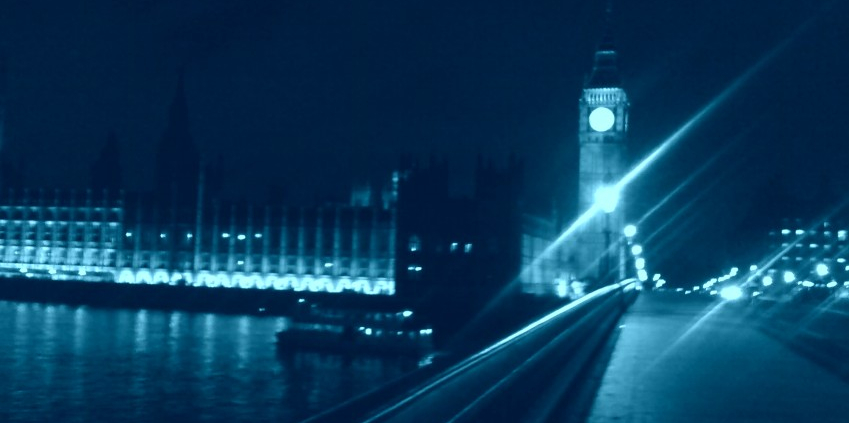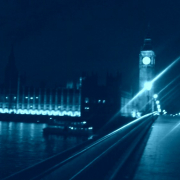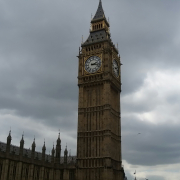Drive for Efficiency Savings in Government … Again …
Today, the word “historic” is used in the context of a tasty sandwich, or a decent performance by the latest indie band. But the last few days in the UK has without a doubt deserved that description. It has been probably the most historic week of my adult life anyway.
The political events themselves were significant, with a new Prime Minister chosen and taking up post, and the Conservative Party announcing a huge public spending increase, one that would once have been seen as an extreme “left wing” spending policy. But that was overshadowed by the death of Queen Elizabeth – not surprising given her age but shocking in that her final decline was so swift.
That has left many of us feeling more emotional than we might have expected, and of course our sincere condolences go to her family and friends. She over-performed (by some distance) in her job for 70 years, which is not something many can say.
But soon, the more prosaic but critical economic and social issues the UK faces are going to rise back to the top of the news pages. Can even more government borrowing fund additional spending to offset energy price rises, without subsequent tax rises? Or can the government find significant “savings” to offset the spending?
In terms of savings, the signals during the recent contest to become Prime Minister were not promising. This was our new PM, Liz Truss: “As prime minister I will run a leaner, more efficient, more focused Whitehall that prioritises the things that really matter to people and is laser-focused on frontline services … There is too much bureaucracy and stale groupthink in Whitehall”.
So just the traditional vague remarks about bureaucracy, “reducing waste” and attacks on “Quangos”. The problem is that the largest “quangos” are organisations such as the DVLA and the Passport Service that provide services the public rely on. We’ve seen the negative reaction when their performance falls; it seems hard to believe that the government can slash the cost of these organisations without major impact on customers. In another speech, Truss suggested a regional approach to civil service pay. It’s not a daft idea actually, but she withdrew it quickly under challenge, a sign that even many decent ideas run into opposition.
Another frequent and ill-judged suggestion is more centralisation of procurement. I would argue that all this has done over the years is led to more “framework” contracts being put in place by the collaborative procurement bodies. But those organisations have a fundamental conflict of interest between maximising their revenue, versus driving better overall value for the public purse. Their frameworks are then misused in a manner that certainly does not lead to value – choosing suppliers without competition, for instance.
However, there are ways of saving money, although none of them are easy. Introduce stringent controls on consulting spend and demand a focus on defined outcomes and competition to choose suppliers every time. Insource some services (children’s social care, for instance) that are failing both financially and performance-wise. Stop messing around with more collaborative procurement in the police service, bite the bullet and move from 43 “county” forces to 9 or 10 regional forces (every Chief Constable knows that the current system is crazy). Cancel HS2. Sort out the increasing unfairness (to private sector workers) of index-linked public sector pensions … and I’m sure there are “savings” in MOD procurement, but better people than me have failed to realise them.
Indeed, nothing that might release significant benefits will be easy to do. After over 30 years of efficiency reviews, external experts, CPOs recruited from top private sector firms and so on, there is little in the way of “low hanging fruit” these days.
So Prime Minister Truss and her team will have to think harder and act more radically if they really want to reduce the cost – and improve the effectiveness – of the public sector. I do wish them luck, as a taxpayer, but I’m not holding my breath.










Leave a Reply
Want to join the discussion?Feel free to contribute!